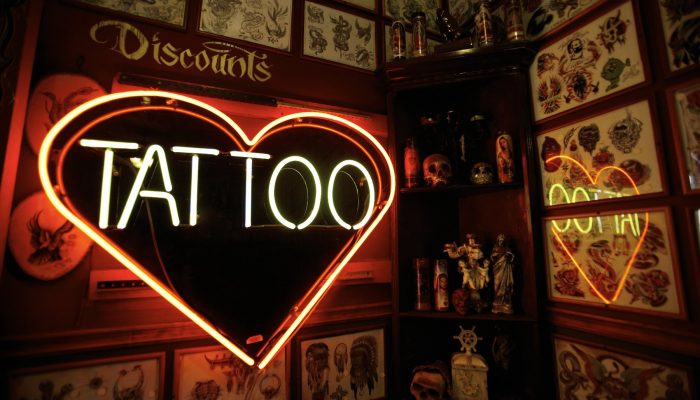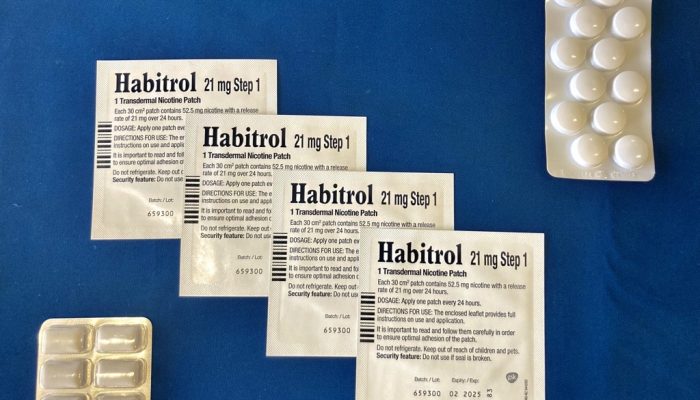We love body art here at the Health Department. Many of us sport elaborate tattoos and body piercings. Some of us have small, hidden personal tattoos and just ear piercings. With so many great shops in Philly to get tattooed or pierced, it makes it easy to sport beautiful art.
One thing we insist on, though, is that body art is done safely. And safe body art can only be done in a licensed, inspected shop. Remember, it’s not just about the art, it’s about your life. Here are the top six things you should look for every time you enter a shop.
Is the shop and all of its artists licensed by the Health Department?
And it’s got to by the Philadelphia Department of Public Health, not from another state, or just the blood-borne pathogens certificate. To be certified to do body art in Philly, all artists must demonstrate that they’ve either been a professional since at least 2002 or they’ve completed an apprentice program (three years for tattoos, 18 months for piercings), and in either case, they’ve gone to blood-borne pathogens training sometime in the last three years. You can ask to see their certificates. They look like this:
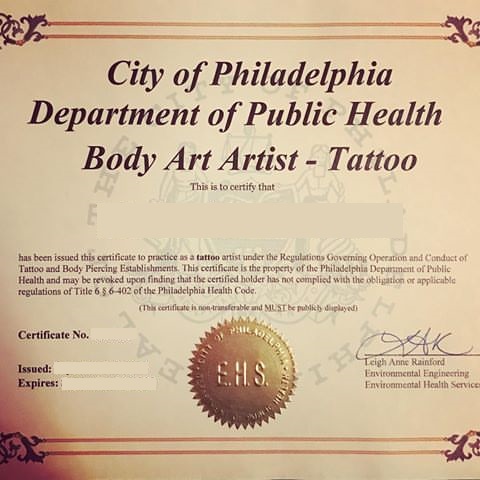
Is the shop clean?
All body art shops in Philly are required to be clean, well-lit, not co-located with a bedroom or restaurant, well-ventilated and have bathrooms. If you can’t trust that the floors are clean, how can you trust the needles?
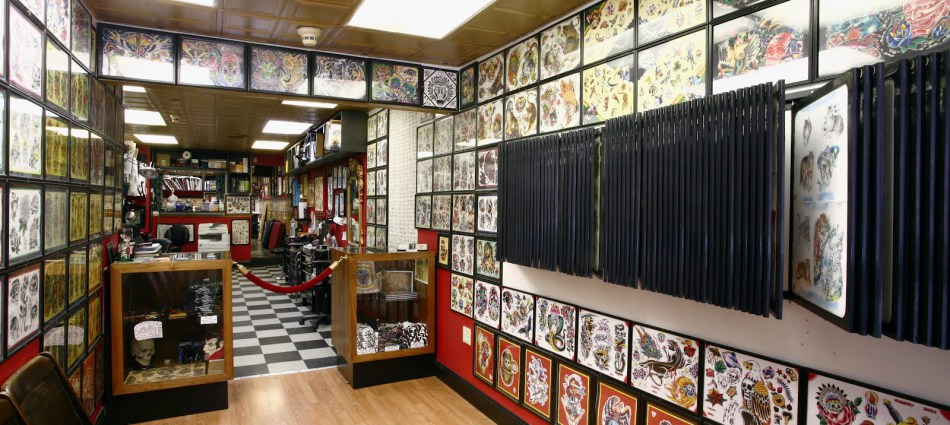
How does the artist get ready for you?
The artist should open everything, including all of their tools and disposables, right in front of you: needles, inks, gloves, ointment, everything. If you walk into a shop and everything is already laid out and ready to go, how do you know that the equipment that will be piercing your skin has been properly sanitized?
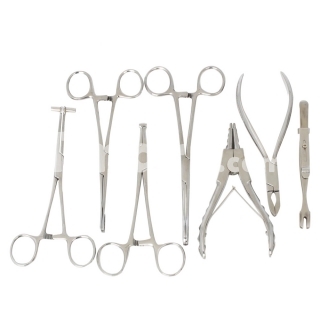
Are the disposable tools actually disposed of?
Tools like gloves, single-use towels, inks, ointment, razors, and other disposable items should never be reused. Once they’ve been used, they should go right in the trash. If you see someone moving between customers using the same gloves, or passing ink caps from artist to artist, that’s NOT safe and you should leave.
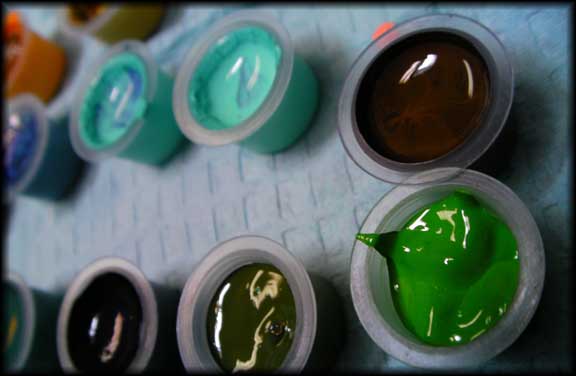
Do the artists wash their hands?
All artist’s stations in Philadelphia are required to have a hand sink with running water, soap and disposable towels. Artists should wash their hands before putting on gloves and starting to work.
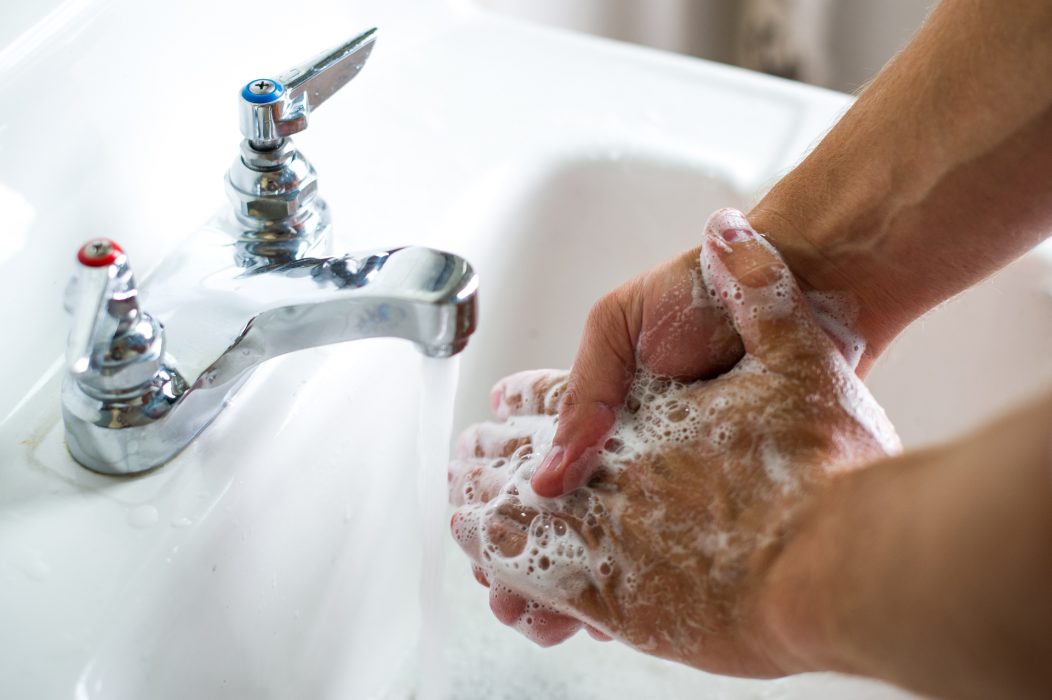
Do you like the art?
Take a look around the shop and online for examples of the artists’ work. Does it match what you’re looking for? Is it straight and clean? Is the drawing confident and strong? Make sure the art meets your standards and will be something you’ll be proud of for months and years to come.
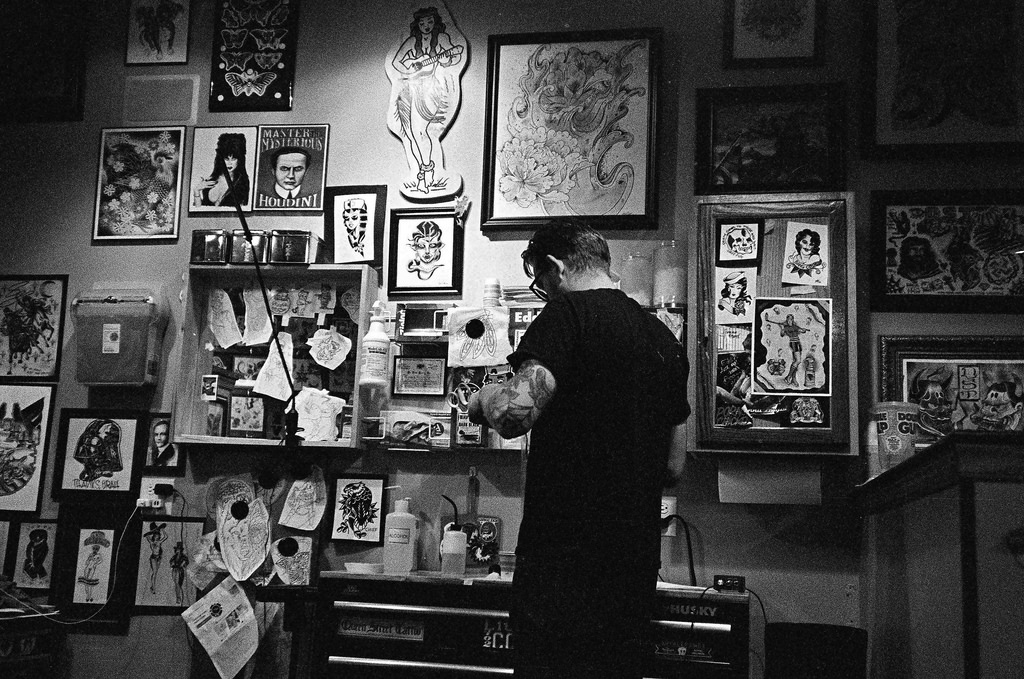
If you have any questions or would like to make a complaint about a body art shop, call the Health Department at 215-685-7342.

